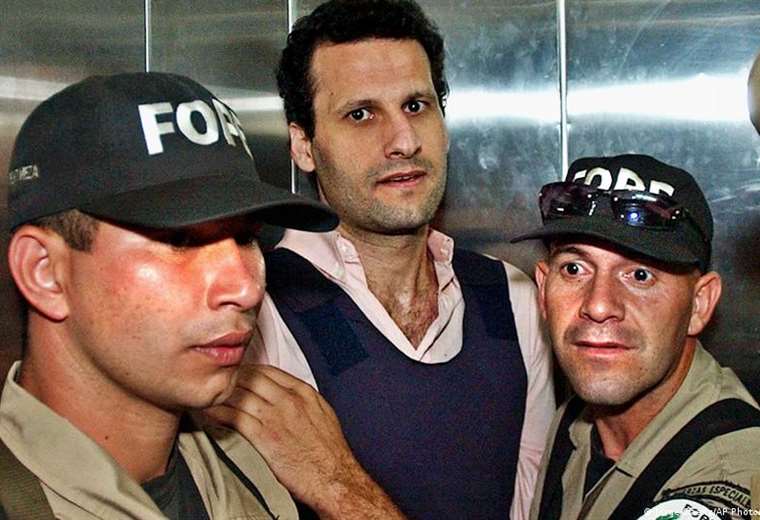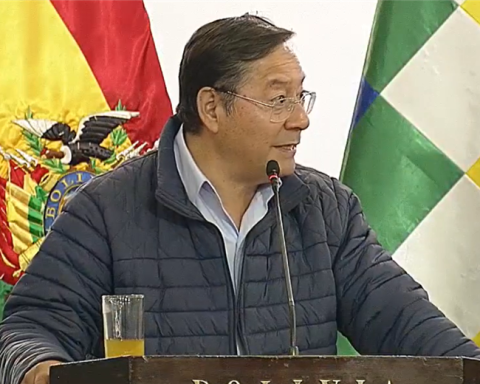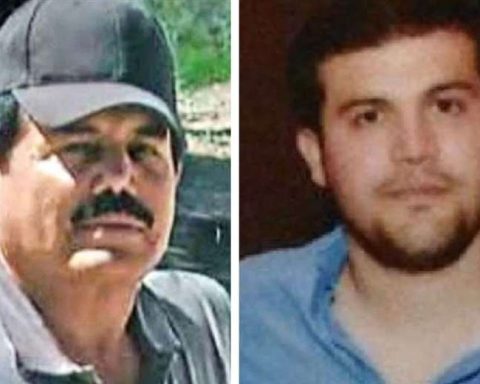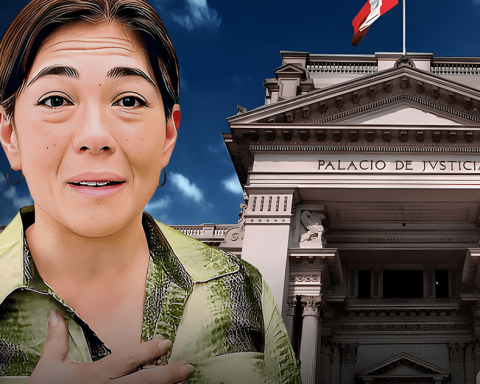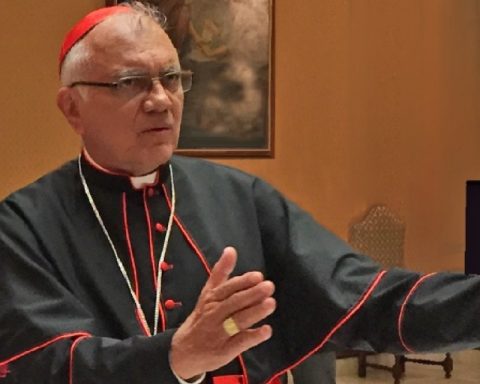April 19, 2024, 11:24 PM
April 19, 2024, 11:24 PM
The most recent diplomatic friction of the Executive of Javier Milei has been closed with the apologies requested by the Argentine Minister of Security, Patricia Bullrich.
Previously, Bullrich had alluded, in several media outlets, to the “cells” of Hezbollah in the Triple Border of Brazil, Paraguay and Argentina, warning of the presence in Chile and Bolivia of members of the Lebanese Shiite militia supported by Iran.
Bullrich’s words had a clear precedent, since they were pronounced a few days after Republican Senator Marco Rubio alluded, before the US Foreign Relations subcommittee, to the Hezbollah’s growing presence in Latin America and, specifically, in Chile.
Are the words of Senator Marco Rubio and Minister Patricia Bullrich justified?
“Documented presence”
The political scientist Emanuele Ottolenghi, of the Foundation for the Defense of Democraciesbased in Washington, assures that the presence in both Latin American countries of Hezbollah, whose military arm is considered a terrorist organization by the European Union (EU), “is documented.”
In the specific case of Chile, Ottolenghi, an expert on the Arab-Israeli conflict and its repercussions in Latin America, assures that Hezbollah networks are fuel the growing drug trafficking that the South American country suffersa situation that Hezbollah could take advantage of “for money laundering activities.”
“The presence of Hezbollah in Chile was already mentioned 20 years ago, with the first US sanctions against Hezbollah in Latin America. It is not a recent problem,” highlights Ottolenghi.
Lebanese Shiite communities in Latin America
Danilo Gelman, expert in international terrorism from the Latin American Jewish Congressreminds DW that, in Santiago, the Chilean capital, “there are about 100 Shiite Muslims and it is estimated that there are more than a thousand throughout Chile, who depend on the sheik who lives in Buenos Aires, who has a direct relationship with Iran, Israel’s main enemy.
“The terrorist and subversive activities of Hezbollah, and in part of Iran, are based on Lebanese Shiite communities scattered around the world. In Latin America, they are concentrated in Shiite communities living in free trade areas: Triple Border, Iquique in Chile , Margarita Island in Venezuela, Panama…”, lists DW Ely Karmon, principal researcher at the Counter-Terrorism Institute of the Interdisciplinary Center of Herzliya, in Israel.
Precisely in Iquique, according to Karmon, the group of Assad Ahmad Barakat, a Paraguayan of Lebanese origin, arrested in 2018, had commercial activities, whom the US accused of having links with Hezbollah, an organization for which he collected and laundered money.
Bolivia: close relationship with Iran
“And in Bolivia there is a history of almost two decades of existence and strengthening the networks of Iran and Hezbollah, especially with a powerful presence of Iranian representatives of the revolutionary forces. Iran established a hospital near La Paz, has a presence in universities, as well as a disproportionately large embassy, due to the commercial and economic importance of the relationship with Bolivia. That indicates, probably the presence of intelligence,” Ottolenghi presumes.
Juan Félix Marteau, director of the Center on Hemispheric Security, Terrorism and Financial Crime at the University of Buenos Aires, also highlights Bolivia’s ties with Iran, which have existed since scientific and cultural cooperation, to issues relating to security and border control.
On the other hand, Marteau warns that, “as a member country of Mercosur, Bolivians have the ability to enter and reside in Argentina for up to two years, without the need to prove any document. It is a very good Iran’s strategy to penetrate a like-minded actor, such as Bolivia, because that implies the ability to use Bolivian assets to penetrate the Argentine community and cause all kinds of havoc: from participation in marches that organize chaos in Argentina, to carrying out an attack itself,” he warns.
A remote threat?
Given the escalation of tension in the Middle East, does the risk of Hezbollah attacks in Latin America also increase?
“The possibility exists,” says Emanuele Ottolenghi, who explains that the risk in the region is linked to three elements: “The first, the existence of a support structure. The second, the ease of entry and exit of people provided by the porosity of the borders, as well as the weakness of controls and the corruption existing at all levels of public administration in many countries in the region. And the third, the. lack of knowledge of the threat that exists in many governments in the region, which think that this issue is a remote threat, that remains in the Middle East,” lists the expert.
Apart from the serious attacks in Buenos Aires, in 1992 and 1994, as well as the downing of an Alas Chiricanas plane in Panama, also in 1994, Ottolenghi remembers a history of recurring incidents in the region: “There was a case in Brazil in November 2023, another in Colombia in 2021, when Iran commissioned two Colombian hitmen to murder Israeli and American targets in Bogotá. In addition, an Iranian agent from the Al Quds Forces was arrested. in Peru, and the discovery of two and a half tons of ammonium nitrate in Bolivia, linked to Hezbollah.
